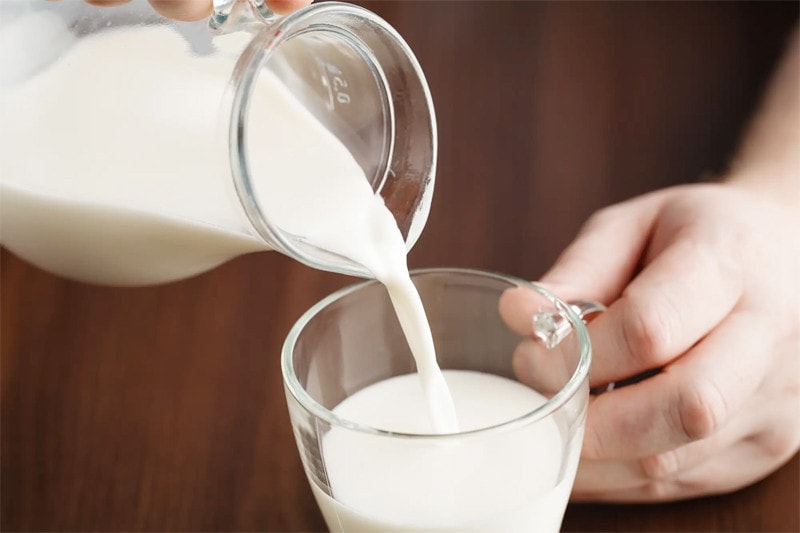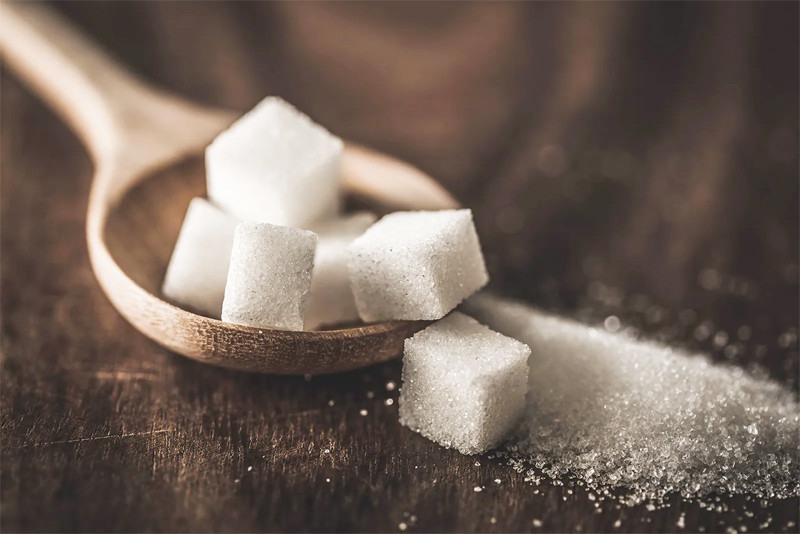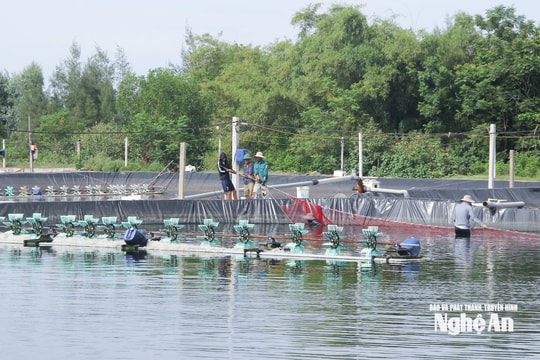'Three whites and one gold' silently damages the kidneys
Milk, salt, sugar and orange juice are foods that people at risk of kidney disease should limit.
The kidneys are one of the most important organs in the human body. They filter blood, remove toxins and waste, produce hormones, balance minerals, and maintain fluid balance in the body.
Causes and symptoms of kidney failure
There are many reasons for this.kidney failureAnd whatever the cause, when the kidneys are damaged or not functioning properly, the body is at risk of accumulating dirty fluids and toxins.
At that time, the patient may feel symptoms such as swelling, difficulty breathing, fatigue, nausea, weakness, palpitations, sleep disorders, loss of appetite, urinating too much or too little, anemia, itchy skin.
To keep your kidneys healthy, you need to follow a healthy diet. According toNews Day Express,Some white and yellow foods can cause serious kidney damage and lead to kidney stone formation. This means that if you want to protect your kidneys, you should avoid consuming too much of them.
 |
Milk is not a good food for everyone. Photo: Insider |
Milk
Dairy products are rich in vitamins, nutrients, protein and are a natural source of phosphorus and potassium. One cup (240 ml) of whole milk provides 205 mg of phosphorus and 322 mg of potassium.
However, consuming too much milk, combined with other phosphorus-rich foods, can be detrimental to the bones of people with kidney disease.
This may sound strange because milk and dairy products are often recommended for strong bones and muscles. However, when the kidneys are damaged, consuming too much phosphorus can cause phosphorus to build up in the blood, pulling calcium from the bones. This causes the bones to become thin and weak over time, increasing the risk of fractures.
Salt
People at risk of kidney disease or kidney failure should not exceed the recommended 6g of salt per day.
A high salt diet will change the sodium-potassium balance in the body, causing kidney failure and high blood pressure.
Additionally, high salt intake has been shown to increase the amount of protein in the urine, which is a major risk factor for kidney failure. There is growing evidence that high salt intake can worsen the condition in people who already have kidney problems.
 |
Eating too much sugar causes many diseases. Photo: Britannica |
Road
Increased sugar intake can be dangerous for the kidneys. When blood sugar levels exceed 180 mg/dl, the kidneys begin to excrete sugar through urine. The higher the blood sugar level, the greater the pressure on the kidneys. This is the reason why the kidneys of diabetic patients deteriorate rapidly.
People with kidney disease and diabetes should limit their intake of fruit juices and other sugary drinks, such as soda. These drinks tend to contain a lot of added sugar, which spikes blood sugar levels. Other foods high in added sugar include baked goods, candy, cookies, and doughnuts.
Prolonged high blood sugar levels also risk nerve damage, increasing the risk of heart disease.
Oranges and orange juice
According toHealthlineAlthough oranges and orange juice provide much-needed vitamin C, they are also high in potassium. One large orange (184g) provides 333mg of potassium. There are 458mg of potassium in 1 cup (240ml) of orange juice.
Too much potassium in the body is not good for the kidneys. Therefore, people with kidney problems should limit foods containing high amounts of potassium.
Grapes, apples and their respective juices are good substitutes because of their lower potassium content.



.jpg)


.jpg)

